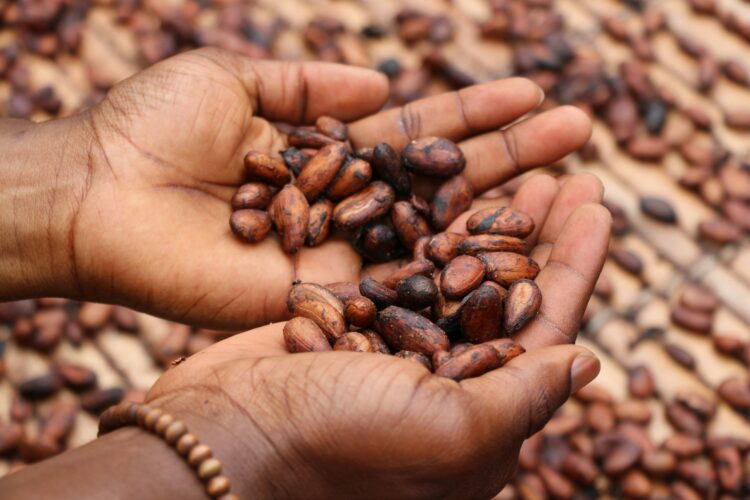Imagine a world where food, the most basic necessity, becomes a luxury. This isn’t science fiction, it’s the harsh reality facing millions due to a brewing food insecurity crisis. The war in Ukraine, a major global breadbasket, has given fuel to the fire, but the fire was already burning and is now pushing millions further into hunger and despair.
As per the World Food Program’s Hunger Hotspots report, more than 30 million people in 22 countries and territories are experiencing severe food crises and are on the brink of famine. Around 83,000 people in three countries – South Sudan, Burkina Faso, and Mali – are presently suffering famine conditions.
It should be noted that Food insecurity is a big trigger for crime and other anti-societal activities. As per a study, a 1% increase in food insecurity can increase the violent crime rate by 12%. Then conflicts and crime rates are the primary drivers of hunger around the world. Economic downturns, inequality, and climate disasters, like droughts and floods, are also major drivers of global food insecurity.
Let’s delve into the ingredients of the current food insecurity crisis and its potential consequences.
The Breadbasket Under Siege: Ukraine and Russia, the global powerhouses of wheat and sunflower oil, are locked in a conflict that has choked off food exports. Imagine, these two countries supply over 10% of the world’s calories! With ports blocked and sanctions in place, millions of tons of grain are trapped, leaving countless vulnerable nations teetering on the edge of famine.
Fertilizer Famine: The Ukraine-Russia conflict has also fuelled a fertilizer crisis as well. Russia, the world’s top supplier, has imposed an export ban, and China has followed suit. This shortage will cripple crop yields, further tightening the food supply chain.
Drought Devastates: Climate change throws another blow, with China’s breadbasket provinces suffering severe droughts. This threatens half of the country’s rice production, exacerbating the global food crunch.
The Domino Effect: The rising food prices, already a major factor in the Arab Spring and Sri Lanka’s recent political turmoil, are putting immense pressure on the emerging economies. Unable to afford food subsidies, these nations face the grim specter of social unrest and starvation.
Developed Nations Not Immune: Even the seemingly secure developed economies are not spared. Inflation, partly fuelled by rising food and fuel prices, is a major concern in the US, impacting elections and potentially leading to political shifts.
Food insecurity is a vast topic, with every country in need of immediate and collective action customized to the local requirements. Governments, international organizations, and individuals all have a role to play:
- Food policy & infrastructure: Food policy is a crucial tool as it plays a pivotal role in ensuring food security, promoting sustainable agriculture, and fostering economic development. It encompasses a wide range of measures and strategies aimed at regulating and guiding the production, distribution, and consumption of food.
- Reduce food waste: it helps combat hunger by making more food available, protects the environment by conserving resources and curbing greenhouse gas emissions, and saves money for individuals and businesses.
- Advocate for sustainable agriculture: Encourage practices that improve crop yields and reduce dependence on specific regions. Sustainable agriculture practices promote soil health, reduce reliance on external inputs, and enhance biodiversity.
- Support humanitarian aid: Humanitarian aid provides a lifeline for those facing immediate food shortages, preventing malnutrition and death in emergencies, while also supporting long-term solutions by fostering self-sufficiency and rebuilding livelihoods. It’s essential in tackling both the immediate impact and root causes of food insecurity.
This food insecurity crisis is a stark reminder of our interconnected world and the fragility of our food systems. By working together, we can navigate this storm and ensure everyone has access to this fundamental right: food. Supporting humanitarian efforts, investing in sustainable agriculture, and promoting global cooperation are some of the crucial steps in averting a catastrophe.
